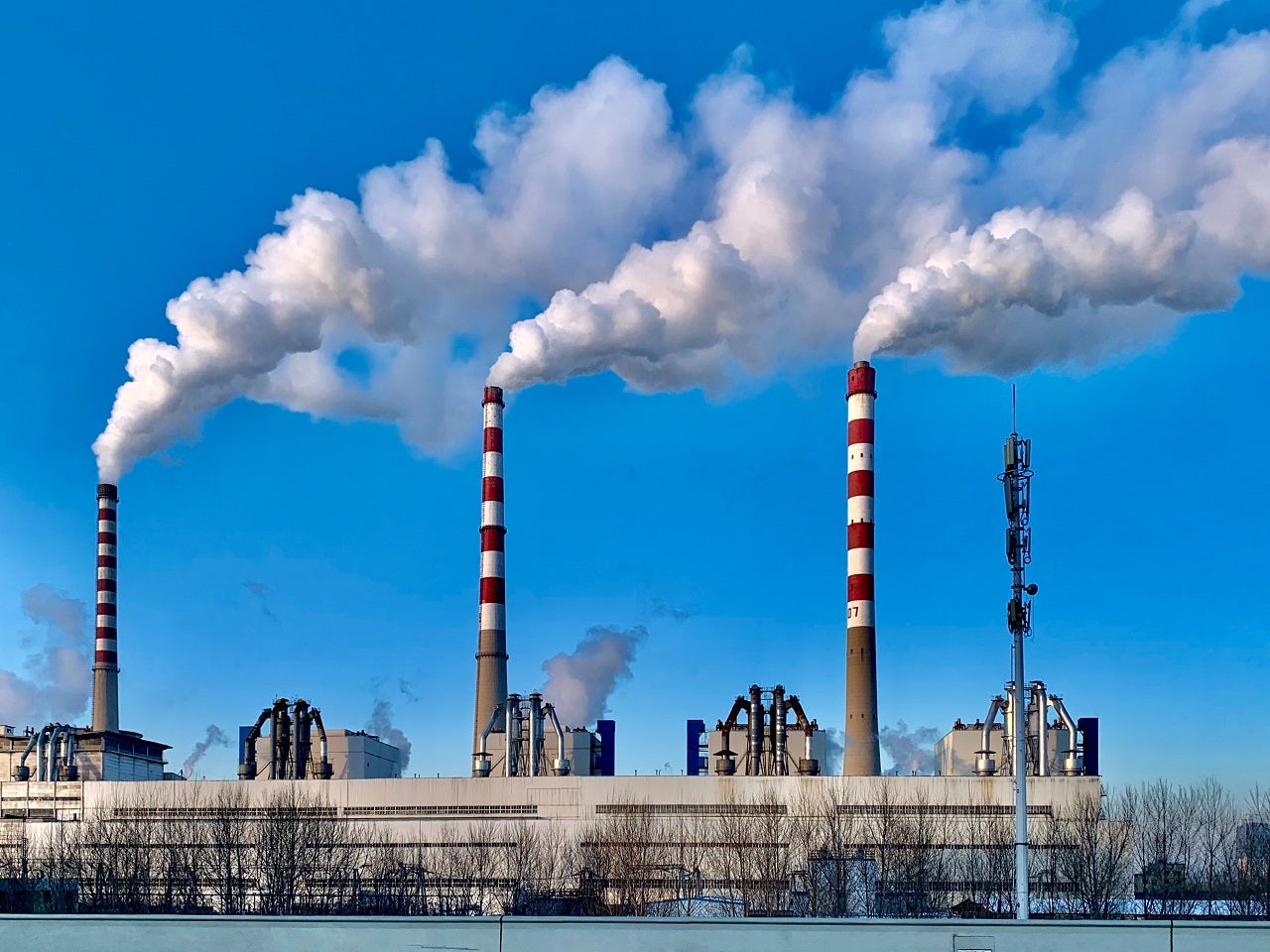
A report by Capgemini has revealed that reduced electricity consumption as a result of Covid-19, which led to the world’s largest reduction of greenhouse gas emissions since World War II.
The World Energy Markets Observatory report monitors the primary indicators of the electricity and gas markets in North America, Europe, Asia, and Australia.

Discover B2B Marketing That Performs
Combine business intelligence and editorial excellence to reach engaged professionals across 36 leading media platforms.
The 22nd edition of the report was created in partnership with De Pardieu Brocas Maffei, Vaasa ETT and Enerdata. It suggested that it would be difficult to achieve adequate long-term climate change goals.
Capgemini Energy and Utilities senior advisor Colette Lewiner said: “This 2020 emissions decrease is linked to the lockdown period and remaining mobility restrictions.
“Emissions will likely rise again as the world recovers from the pandemic. By way of illustration, it would take a similar restriction, every year for the next 10 years, to get on the right environmental trajectory, which is of course unviable. Profound changes are needed to reach climate change objectives.”
The report says global emissions increased by 0.6% last year, but fell by 0.4% in the energy sector. This came as a result of factors such as a shift from coal to gas, renewable generation growth, and energy efficiency improvements.

US Tariffs are shifting - will you react or anticipate?
Don’t let policy changes catch you off guard. Stay proactive with real-time data and expert analysis.
By GlobalDataAs result of lower GDP in 2020, energy demand growth slowed down, with consumption increasing by 0.7% as compared to 2.2% in 2018.
The report suggested that renewable energy sources accounted for more than half of worldwide electricity generation investments, particularly in the developed countries. Developing nations continued to build coal and gas plants to meet a booming electricity demand.
Last year, renewable generation costs declined by 10% across win and solar, due to greater market investment and technological advancements.
The cost of Li-ion batteries fell by 19%, with the establishment of 115 factories in 2019. Of these, 88 were built in China. The battery market remains dominated by Asian countries such as China, Japan and South Korea.
The report also looked at Europe’s efforts for developing hydrogen as a source of green power. In July, this year, the European Union Commission decided to invest €180bn to €470bn ($211bn to $551bn) in hydrogen by 2050, to attain a 12-14% market share by that time.
Capgemini’s WEMO report also identified several ways to improve grid balancing where a high share of renewable sources exists. The report suggested that artificial intelligence and automation would help in achieving greater accuracy of demand forecasting and demand-side management.





